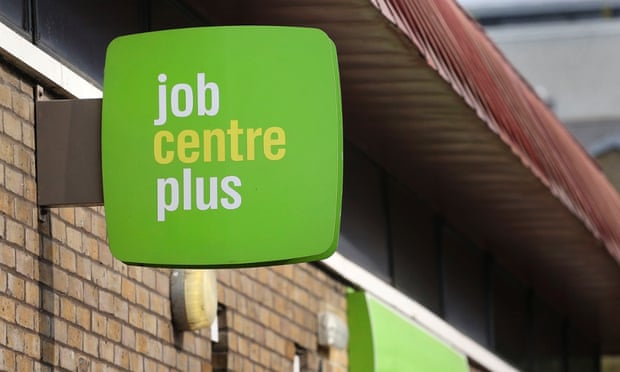
All 18- to 21-year-olds who have failed to find a job or a place in training would no longer be able to claim jobseeker’s allowance under a Tory government, but would instead be forced to undertake community work, David Cameron will say on Tuesday as he continues his drive to put stricter curbs on welfare at the heart of his party’s election appeal.
The plan is designed to ensure that the 50,000 young people “most at risk of starting a life on benefits” find that their first contact with the benefit system is a requirement to undertake community work and search for jobs. The claimant will be expected typically to undertake at least 30 hours’ community work a week and 10 hours’ looking for jobs.
Anyone required to undertake community work would be paid a youth allowance equivalent to the jobseeker’s allowance rate for young people.
In a speech defending the government’s changes to welfare, the prime minister will say he is in effect abolishing youth unemployment, and wants to “get rid of that well-worn path from the school gate, down to the Job Centre, and on to a life on benefits”.
Cameron will also praise the extension of universal credit, even though it is not yet available to families with children. He is also expected to set out how some benefits would be made conditional on drug addicts and the obese seeking treatment.
The Conservatives had previously announced plans to limit jobseeker’s allowance for 18- to 21-year-olds to six months before they were required to undertake community work.
But Cameron will today scrap the idea of an initial six-month period on the dole, and instead say the young unemployed should immediately be put into community work if they want to claim any benefit.
There are currently some 50,000 new claims a year from 18- to 21-year-olds who have not been in employment, education or training, about 10% of the total.
They will be expected to go on to a version of the existing community work placements programme for the long-term unemployed, which can include making meals for older people or working for local charities, typically for three months.
The Department for Work and Pensions says community ork placements have proven more effective in moving claimants off benefits than the normal Jobcentre Plus signing-on regime. It claims one pilot in London specifically with day-one work requirements proved even more successful.
At current volumes the policy would cost about £20m to deliver, paid for from the initial savings generated by the rollout of universal credit.
The proposal is separate from the Work Programme, which is aimed at 18-24 year olds on jobseeker’s allowance for more than nine months. The basic jobseeker’s allowance is worth £57.35 a week for 18 to 24 year olds and £72.40 for those aged over 25.
Ed Miliband promised in a speech in June that a Labour government would also abolish the jobseeker’s allowance for 18-21 year olds, although he said any dole, subject to some conditions, would be dependent on undertaking training, rather than community work.
Cameron will say the reforms are not just about saving money. In the speech in Sussex, he will say: “We are taking further steps to help young people make something of their lives. Our goal in the next parliament is effectively to abolish long-term youth unemployment.
“For those 18-21 year-olds who have not been in employment, training or education for six months before they sign on, we are going to take intensive action.
“What these young people need is work experience, and the order and discipline of turning up for work each day. So a Conservative government would require them to do daily community work from the very start of their claim, as well as searching for work.
“From day one they must realise that welfare is not a one-way street. Yes, we will help them, but there is no more something for nothing. They must give back to their community too.”
The Conservatives have already announced that they would abolish housing benefit for 18 to 21 year olds.
The chancellor, George Osborne, defended ending housing benefit for under-21s during the Conservative conference, saying: “It is not acceptable for young people under the age of 21 to go straight from school on to benefits and into a home paid for through housing benefit – benefit funded by other people who are working.”































